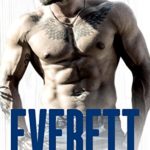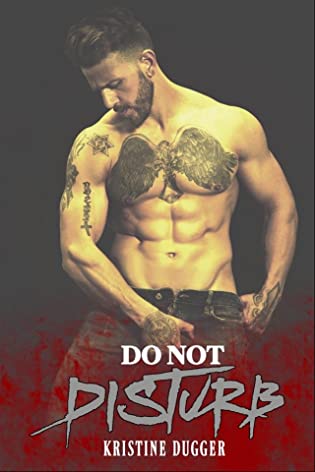⭐️Spotlight Author: Carmen Richter⭐️
Genres: Contemporary, LGBTQ, Rock Star Romance
It’s always nice when I get to find a new to me author to interview and showcase their books. I truly enjoy learning and exploring a new author and their thought process. So let me introduce you to Carmen Richter.
I’d tell myself not to be afraid to write about the painful and scary things. Pain and heartache is part of what makes a good story, and if you don’t write about that, you’re not telling the most authentic story you can.
I’d say conceptualizing the story. So many times, I’ll start an outline with nothing more than a vague plot idea and some characters. Fleshing that vague idea out into a cohesive plot and making it make sense is probably the hardest part for me, especially because my characters like to take the outline I’ve written, rip it up into little pieces, and then dance on the scraps of paper and laugh manically. And the most annoying part is, their ideas are usually better than what I had planned. So I usually just go with the flow and let the characters tell me their story. I mean, it’s THEIR story, after all. I’m just here to write up the incident report.
To me, a good story has a solid plot line and well-fleshed-out characters. To be invested in a story, I need to have a desire to know what happens next in a story, and I need a hero or heroine I can root for. I like characters I love to hate too, but if I don’t have at least one character whose success I can root for, I have no desire to keep reading the book.
This is a hard question to answer. I mean, do I want to become ultra-famous and rake in the dough? Of course. That’s the dream. But I started writing because I just had a story in my head that I couldn’t get out. Just for me, because it was fun. So as long as I’m still putting out authentic stories that I believe in and at least a few people are reading and enjoying them, I’d call myself successful.
Oh, my goodness. I’ve learned SO MUCH from the indie community. I’ve learned how to improve my marketing skills, how to find and expand my audience, and how many genuinely kind souls there are in the indie community, especially in Romancelandia. One negative thing I’ve learned is how overly critical people can be. Basically, if there’s something people can complain about, they will. I’ve overcome that by just focusing on writing the very best stories I can and knowing that my ideal audience is out there. Not everyone is going to like everything.
Well…a particularly harsh review made me take a look at my first three books, which are one continuous trilogy, and realize that I could do way better, so I rewrote them. LOL!!! But in general, I try not to let it get to me. Not everyone is going to like everything, and I think there are always going to be people who are looking for something to complain about. I think the most consistent criticism I’ve gotten is that my books are on the longer side, and not everyone likes long books. But then on the flip side, I’ve had people tell me that they had no idea how long the books actually were and are shocked when I tell them the actual word count of the cooks. So, again, I just focus on improving my craft, putting out the best stories I can, stories that I’m proud of, and realize that there are some people who ARE going to love them.
A good grasp of grammar and language, the ability to write realistic characters and dialogue, and imagination and creativity.
Someone who likes to just get lost in a good story and doesn’t mind a lot of description. My books can be pretty lengthy, and while I am working on cutting down on my words, if they all serve a story, I don’t care about sticking to a predetermined word count. Someone who loves angst, doesn’t mind triggers (my books deal with some pretty heavy subjects, although they’re definitely not dark), and loves to have their heart broken and put back together again. Someone who doesn’t need a story to just stick to the norms of a trope. I don’t actually write my stories. I just watch my characters do stuff and write up the incident report. So that means I take some tropes and turn them on their head, I write some stories that don’t stick to a specific trope at all, and I just let the characters tell me their story however they want to. Also, someone who doesn’t mind a hero who is in touch with and expresses his emotions. I don’t write alphaholes. I will probably NEVER write an alphahole. My heroes tend to be more gamma heroes, and sometimes even beta heroes. They’re men who would fight to the death to protect the people they love, but aren’t jerks or possessive. They treat their partners – and everyone else – with respect, love, and understanding.
Carmen Richter is an old soul. Her words are like theater, masterfully spun to bring all the feels, interspersed with music that makes your heart soar. She needs her coffee to make the words flow, and some of her best writing is done in a caffeine-induced haze at one in the morning. Carmen lives in Kansas City with her boyfriend, Brett, and their two fur babies, a bunny named Marty and a cat named Mal. In addition to writing, she also has two branches of a business that aims to provide quality services to independent authors at a reasonable price. CPR Editing deals with everything inside your book: editing, proofreading, and interior formatting. CPR Designs deals with, well, design: logos and branding, social media graphics, covers, and teasers.
Carmen loves interacting with her fans and will happily respond to all messages personally until she gets uber famous and gets a ton of them. Hey, a girl can dream, right?
Related Posts





